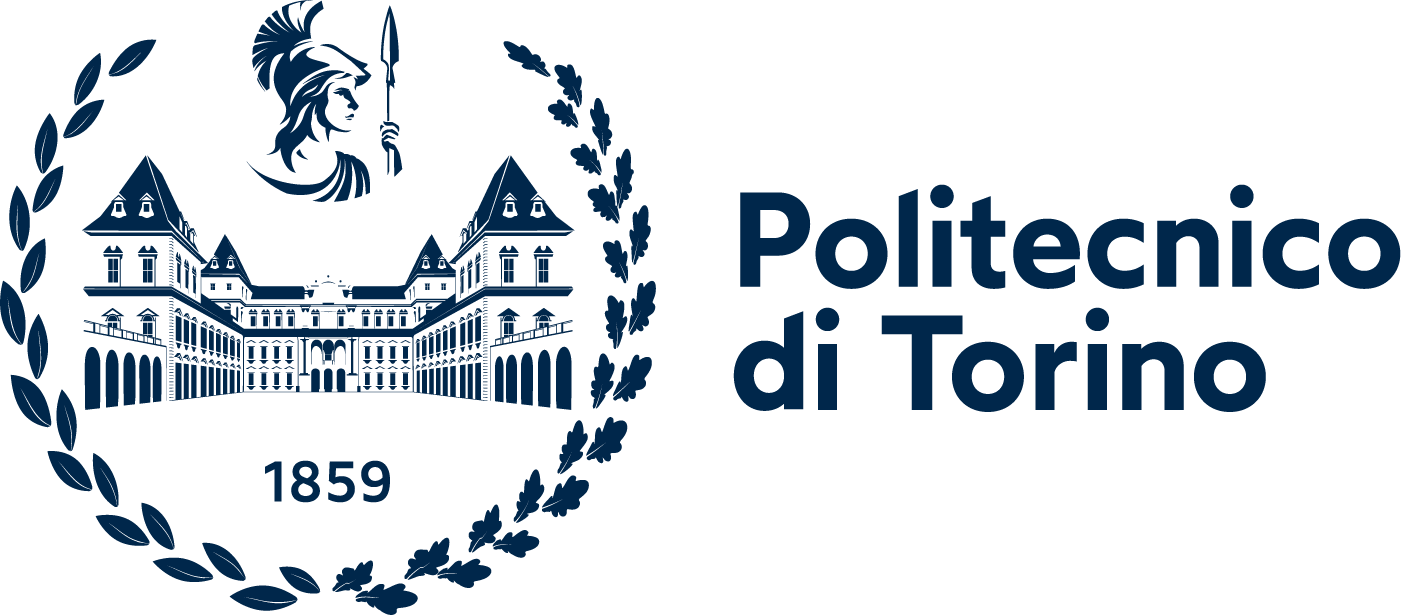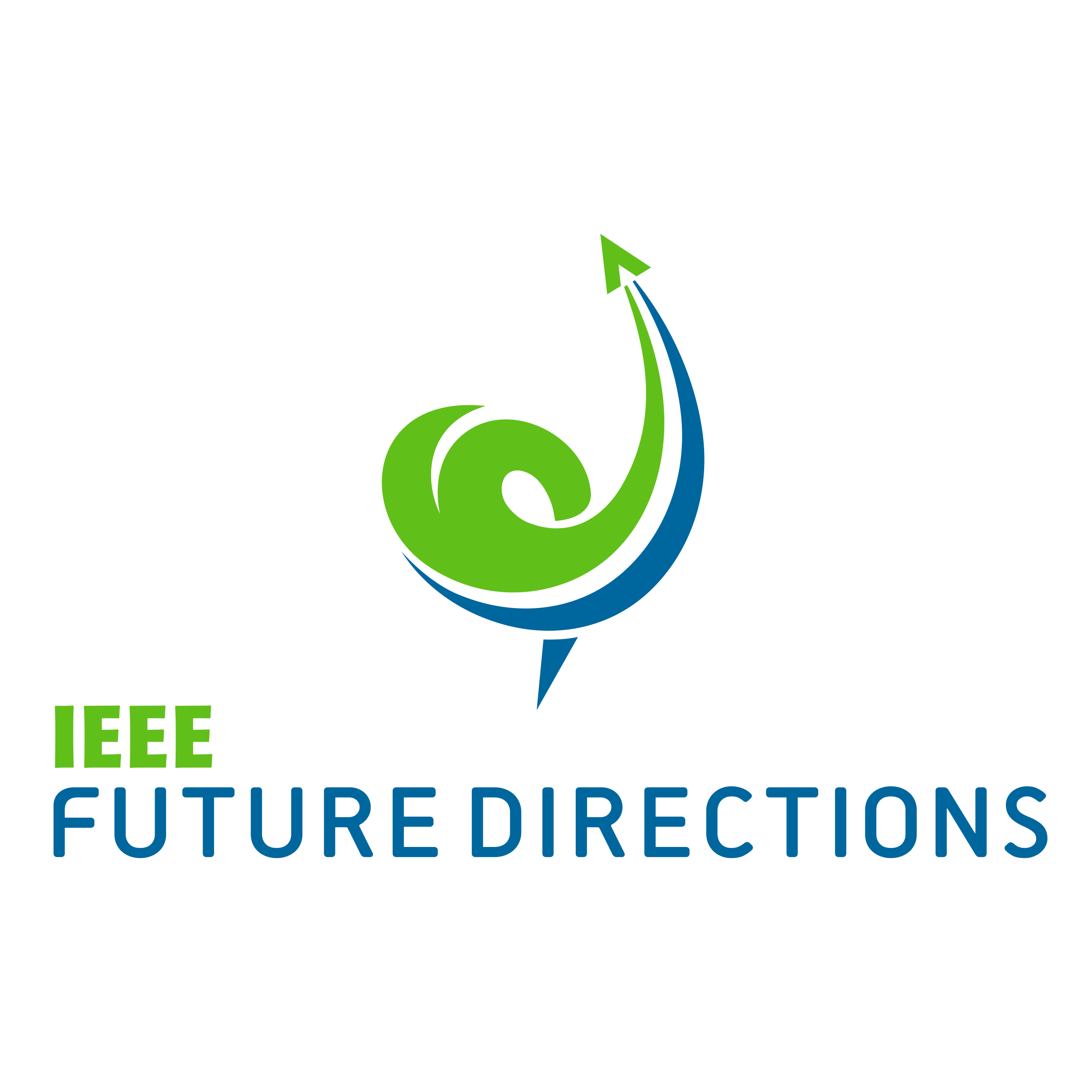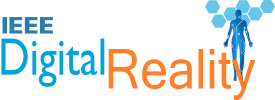IMPORTANT INFORMATION FOR COMPSAC 2022 AUTHORS
COMPSAC 2022 will be completely virtual as it was in 2020 and 2021, and all presentations will be done virtually. We will announce this update also in the submission acceptance letters to authors. Authors of accepted papers will be required to provide a video of their presentation together with the submission of the final version of their papers. COMPSAC will provide detailed guidance regarding preparation and submission of these videos.
The 14th IEEE International Workshop on Software Test Automation (STA 2022)
Goal of the workshop:
Test automation aims to reduce the cost and improve the effectiveness of software testing by using various techniques and methods. Other benefits are consistency and accuracy, reduction of overall test cycle time, risk mitigation of manual testing, and increase in overall product quality. Recording test activities as test scripts and playing the test scripts or record and playback are the common methods. More advanced methodologies include data-driven, keyword-driven and hybrid methods as well as framework-based methods. Among tool development, interoperability remains a major challenge.
Workshop theme:
This year’s theme of COMPSAC is “Computers, Software, and Applications in an Uncertain World”. It is clear that we are heading towards an uncertain world catalyzed by the consequences of the COVID-19 pandemic and ongoing political disputes. This uncertainty has significant and direct implications for all aspects of the computer industry. To thrive in this increasingly uncertain world, innovations of computer hardware, software, and applications have emerged as a pressing need. The emerging interconnected world demands new developments in sensor-based communication hardware and operating systems. Software engineering continues to prove essential to our daily lives ranging from financial services, health care, remote learning platforms, social networks to the era of connected and autonomous vehicles, and artificial intelligence control. Governing organizations have responded to this trend by defining regulations and standards to address issues such as safety, security, and resiliency of computer hardware and software systems and applications. However, unique challenges originate from mandating these requirements under uncertainty in the absence of sound and complete solutions applicable to these new types of systems and applications. As computer researchers, we see these challenges as opportunities to fill gaps in how all dimensions of computing are developed, utilized, and supported. How to improve the resiliency of these components across a wide range of use domains is a significant challenge we suddenly find ourselves facing. How do we design systems that are able to withstand the stress of global-scale use, and still provide robust and secure services to end-users? For over 45 years, COMPSAC has been an outlet for researchers to share and discuss innovative and novel approaches to problems such as these, and we look forward to hearing your ideas in 2022! Accordingly, submissions including applications and case studies in these areas will highly be appreciated.
Scope of the workshop:
Topics of interest include, but are not limited to, the following:
- Test automation for large, complex systems
- Performance, Regression, Reliability testing, Mean Time between Failures (MTBF)
- Testing in Continuous Integration / Continuous Development (CI/CD) pipeline and DevOps.
- Early defect detection, exploratory testing, reducing development timeline
- Test-driven development and behavior driven testing
- Open Source
- Test modeling and test methodologies
- Model Based Testing, Keyword Based Testing, Combinatorial testing, Test input generation
- Test-driven development and behavior driven testing
- Application in different domains – digital world, cloud computing, HPC, healthcare
- Experiments, empirical studies, experience reports, and case studies.
- Design of high-quality, reusable tests, test reuse, libraries, Product Line Testing
- Support for testing methods, test framework, test infrastructure.
- Management of distributed test assets and test environments
- Development, operation, integration, and standardization of test tools
- Test metrics to measure test efficiency and test coverage optimization
- Test efficiency, Test effectiveness, and Lean testing approaches.
- Quantitative studies including cost vs. benefit studies.
Likely participants: Software engineers and testing researchers from academia and the industry
Please visit Information for Authors for formatting instructions, page limits, and IEEE paper templates.
Important dates for submission and notification are listed here.
Workshop Organizers
Rajesh Subramanyan, Amazon, USA
Email: subramanr19@gmail.com
T.H. Tse, The University of Hong Kong
Email: thtse@cs.hku.hk
Emeritus
Fevzi Belli, University of Paderborn
Email: belli@upb.de
Program Committee
Xiaoying Bai, Tsinghua University, China
Christof Budnik, Siemens, USA
Arilo Claudio, Federal University of Amazonas, Brazil
Atilla Elci, Hasan Kalyoncu University,
Jerry Gao, San Jose State University, USA
Ron Kenett, KPA Ltd, Israel
Yvan Labiche, Carleton University, Canada
Juncao Li, DoorDash, USA
Aditya Mathur, Purdue University, USA
Ina Schieferdecker, Fraunhofer FOKUS, Germany
Marek Stochel, Motorola Solutions, Poland
Guilherme Travassos, Federal University of Rio de Janerio (COPPE/UFRJ), Brazil
Dragos Truscan, Ãbo Akademi University, Finland
Tugkan Tuglular, Izmir University, Turkey
Mario Winter, Univ. of Applied Science, Cologne, Germany
Dave Towey, The University of Nottingham, Ningbo, China
Fie Xie, Portland State University, USA
Hong Zhu, Oxford Brookes University, UK


